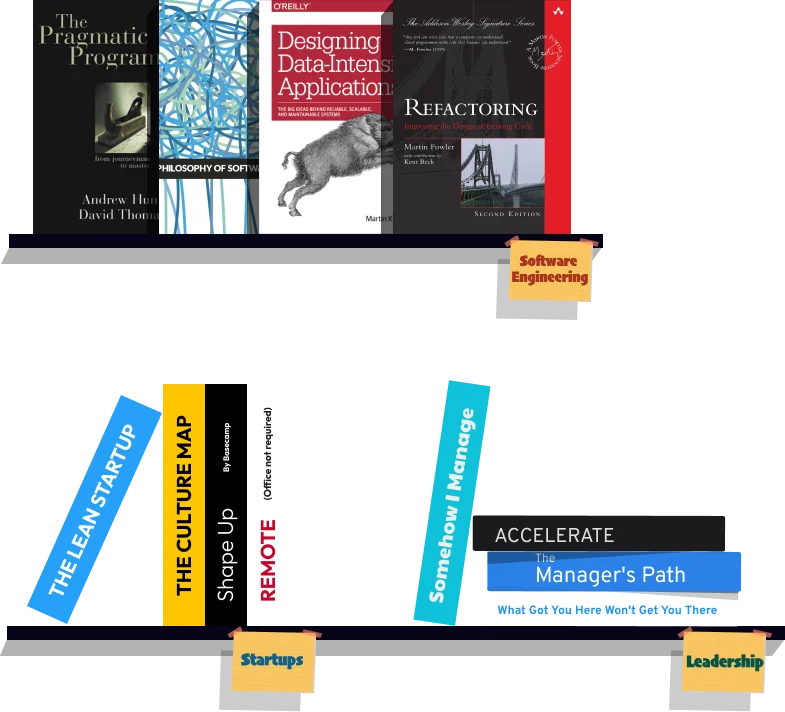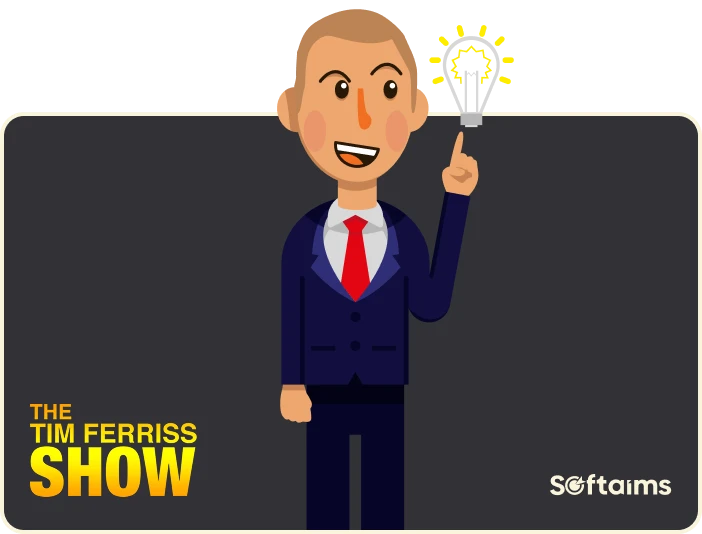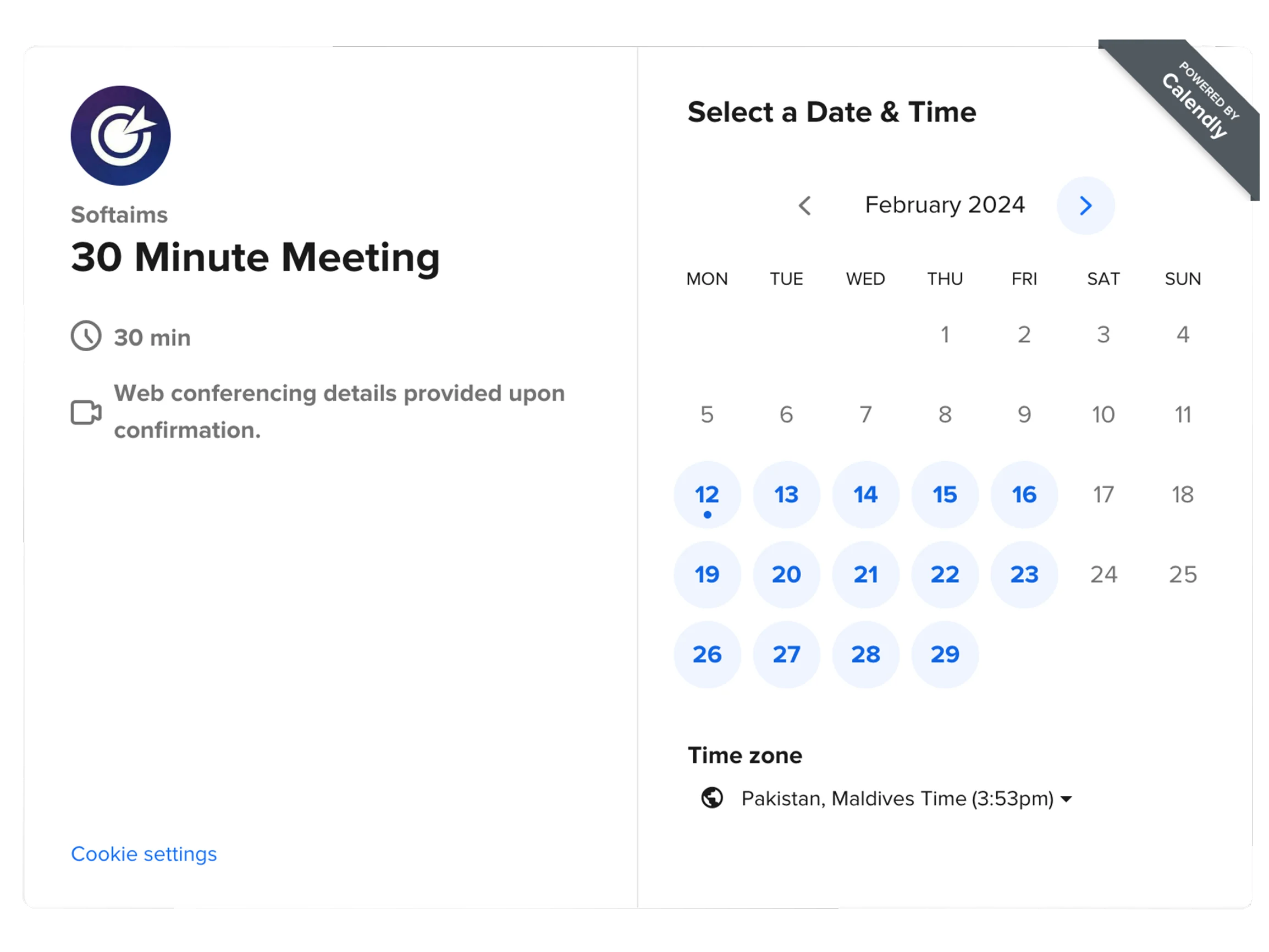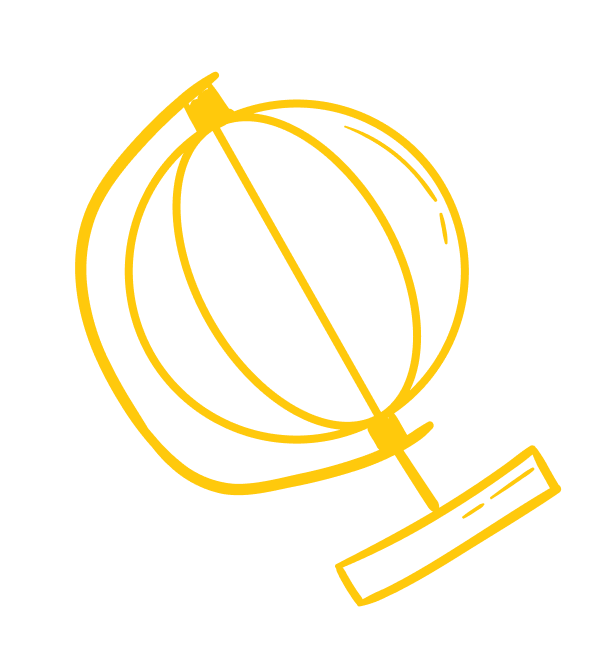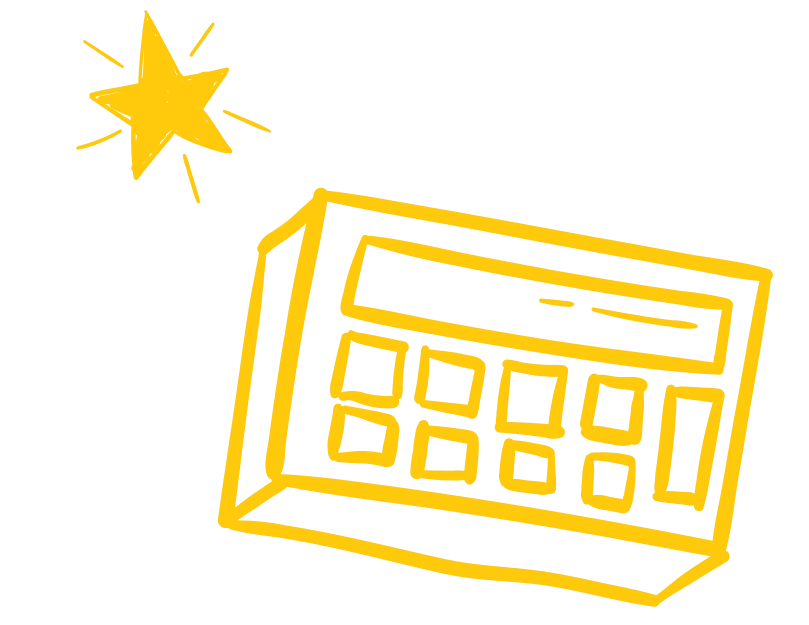The Architects of Decentralization Blockchain Developers
A Blockchain Developer is a highly specialized engineer who designs, builds, and maintains decentralized applications (dApps) and systems that run on a blockchain network. They are the architects of the next generation of the internet, creating systems that are transparent, secure, and operate without the need for a central intermediary.
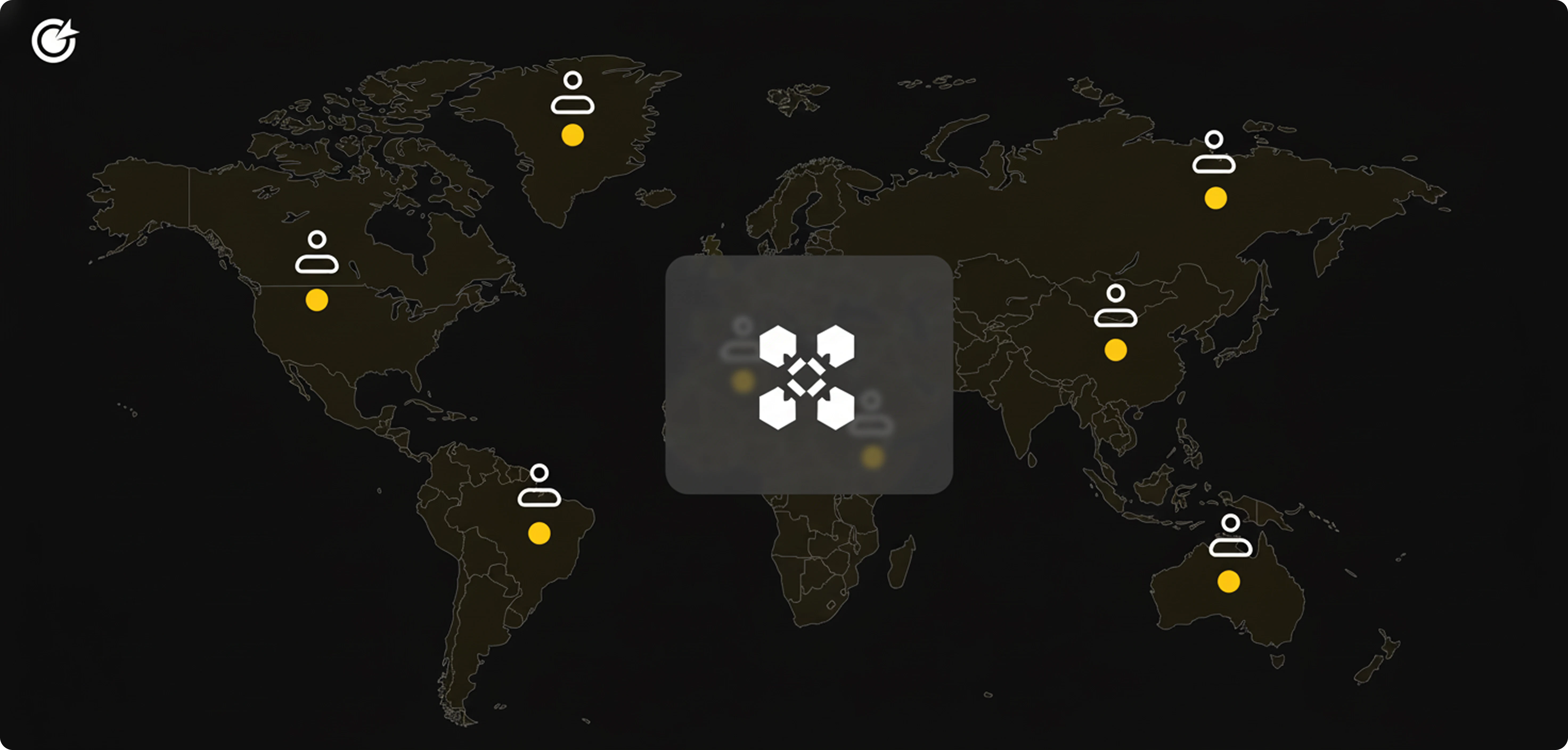
Hiring a blockchain developer means investing in the cutting edge of technology. Their expertise is crucial for any company looking to explore the world of Web3, create digital assets like NFTs, build decentralized finance (DeFi) protocols, or leverage blockchain for supply chain management and other enterprise use cases.
Blockchain Fundamentals and Core Concepts
A proficient blockchain developer must have a deep, foundational understanding of how blockchain technology works. This is a non-negotiable prerequisite that goes beyond just knowing the buzzwords. They must be able to clearly explain core concepts like decentralization, cryptographic hashing, consensus mechanisms (like Proof-of-Work vs. Proof-of-Stake), and the structure of a block.
They should have a solid grasp of the fundamental principles of cryptography, particularly public-key cryptography, which is the foundation of all blockchain transactions. This deep, conceptual knowledge is what allows them to make sound architectural decisions and build secure, well-designed decentralized systems.
Expertise in a Major Blockchain Platform
A candidate must have deep, hands-on expertise in at least one major smart contract platform. The most dominant and widely-used platform by far is Ethereum. An expert Ethereum developer will be highly skilled in its architecture, the Ethereum Virtual Machine (EVM), and the broader ecosystem of tools and standards.
While Ethereum is the leader, experience with other popular blockchains like Solana, Polygon, or Avalanche is also highly valuable. This demonstrates a broader understanding of the blockchain landscape and the different trade-offs that various platforms make in terms of scalability, security, and decentralization.
Smart Contract Development
The core of a blockchain developer's work is writing smart contracts—self-executing contracts with the terms of the agreement directly written into code. For Ethereum and other EVM-compatible chains, a candidate must have a mastery of Solidity, the most popular language for writing smart contracts.
They must be able to write secure, gas-optimized, and well-tested Solidity code. This includes a deep understanding of the language's syntax, data types, and its unique features and pitfalls. For example, they should be able to write a function like function transfer(address to, uint256 amount) public { ... } while following best practices for security and efficiency.
Security Best Practices and Auditing
Smart contract security is of the utmost importance, as a single vulnerability can lead to the loss of millions of dollars in assets. A top-tier blockchain developer must have a relentless, security-first mindset. They need to be intimately familiar with common smart contract vulnerabilities, such as reentrancy attacks, integer overflows, and front-running.
They should be experts at using security analysis tools like Slither and Mythril to automatically detect vulnerabilities in their code. Furthermore, they must have a disciplined approach to testing and should be familiar with the process of a professional security audit. This focus on security is what separates a professional from a hobbyist.
The Development Ecosystem and Tooling
A proficient blockchain developer must be an expert user of the modern development toolchain. For Ethereum development, this means having a mastery of a development environment like Hardhat or Foundry. These tools provide a complete suite for compiling, testing, and deploying smart contracts.
They should be highly skilled at writing automated tests for their smart contracts using libraries like Ethers.js or Web3.js in conjunction with a testing framework like Chai. The ability to create a comprehensive test suite that verifies the logic of a smart contract under various conditions is an essential skill for building reliable dApps.
Interacting with The Blockchain from The Front-End
A well-rounded blockchain developer, often a full-stack Web3 developer, must know how to build a front-end application that can interact with their smart contracts on the blockchain. This requires expertise in JavaScript and a modern front-end framework like React.
They must be highly proficient with a client-side library like Ethers.js or Web3.js. These libraries provide the tools to connect a user's wallet (like MetaMask) to the dApp, read data from the blockchain, and send transactions to call the functions in their smart contracts. This skill is crucial for building a complete, user-facing decentralized application.
Understanding Token Standards
A huge part of the blockchain ecosystem revolves around tokens, and a candidate must have a deep understanding of the major token standards. For fungible tokens, they must have a mastery of the ERC-20 standard, which is the basis for most cryptocurrencies on the Ethereum blockchain.
For non-fungible tokens (NFTs), they must be experts in the ERC-721 and ERC-1155 standards. The ability to write, deploy, and manage a smart contract that fully complies with these standards is a common and essential requirement for many blockchain development roles.
Decentralized Finance (DeFi) Concepts
Decentralized Finance (DeFi) is one of the largest and most complex sectors within the blockchain space. While not a requirement for all roles, a developer with a solid understanding of core DeFi concepts is highly valuable. This includes familiarity with the mechanics of decentralized exchanges (DEXs), lending protocols, and staking.
A developer who can explain how an Automated Market Maker (AMM) like Uniswap works at a high level demonstrates a deeper engagement with the ecosystem. This knowledge is crucial for any company building products in the rapidly evolving world of DeFi.
The Broader Web3 Ecosystem
A forward-thinking blockchain developer keeps up with the rapidly evolving Web3 ecosystem. They should be familiar with decentralized storage solutions like IPFS for storing NFT metadata and other off-chain data. They should also understand the role of oracles like Chainlink for bringing real-world data onto the blockchain.
Furthermore, an awareness of Layer 2 scaling solutions, such as Optimistic Rollups and ZK-Rollups, is a key indicator of a developer who understands the current challenges and future direction of the industry. This broader knowledge is essential for building scalable and future-proof decentralized applications.
How Much Does It Cost to Hire a Blockchain Developer
The cost to hire a Blockchain Developer is among the highest in the technology industry, driven by the extreme demand for a very niche and complex skill set. The high stakes of smart contract security also command a premium. The salary is influenced by their geographic location, years of experience, and their specific expertise in areas like DeFi, NFTs, or protocol-level development.
Tech hubs in North America, Western Europe, and some parts of Asia are the epicenters of blockchain development and have the highest salary expectations. The following table provides an estimated average annual salary for a mid-level Blockchain Developer.
| Country |
Average Annual Salary (USD) |
| United States |
$165,000 |
| Switzerland |
$150,000 |
| United Kingdom |
$110,000 |
| Germany |
$105,000 |
| Canada |
$125,000 |
| Singapore |
$115,000 |
| Poland |
$80,000 |
| Ukraine |
$75,000 |
| India |
$60,000 |
| Portugal |
$85,000 |
When to Hire Dedicated Blockchain Developers Versus Freelance Blockchain Developers
Hiring a dedicated, full-time Blockchain Developer is the right choice when you are building a core, long-term protocol or a flagship dApp that is central to your business. A dedicated developer can take deep ownership of the smart contract architecture, security, and the long-term evolution of the project. This is an essential role for any serious, venture-backed Web3 company.
Hiring a freelance Blockchain Developer is a highly effective tactical decision for specific, well-defined projects. This is an ideal model for getting a security audit of an existing smart contract, developing a simple NFT project, or building a proof-of-concept. Freelancers and specialized agencies can provide an incredible burst of expertise for a specific task without the long-term commitment of a full-time hire.
Why Do Companies Hire Blockchain Developers
Companies hire Blockchain Developers to build applications and systems that are fundamentally more transparent, secure, and resistant to censorship than traditional, centralized alternatives. They are hired to create new forms of digital ownership through NFTs, to build more open and accessible financial systems with DeFi, and to create a more user-centric internet (Web3).
Ultimately, companies hire blockchain developers to innovate and explore new business models that are not possible with traditional technology. By leveraging the unique properties of a decentralized, trustless network, they can create systems that reduce the need for intermediaries, give users more control over their data and assets, and build more collaborative and open digital economies.
In conclusion, hiring a top-tier Blockchain Developer requires finding a candidate who is a rare combination of a cautious security expert, a forward-thinking systems architect, and a proficient software engineer. The ideal professional will combine a deep, theoretical understanding of blockchain fundamentals with the practical, hands-on ability to write secure, gas-optimized, and well-tested smart contracts. By prioritizing these skills, organizations can build the powerful and trustworthy decentralized applications that are poised to redefine the future of the internet.
















